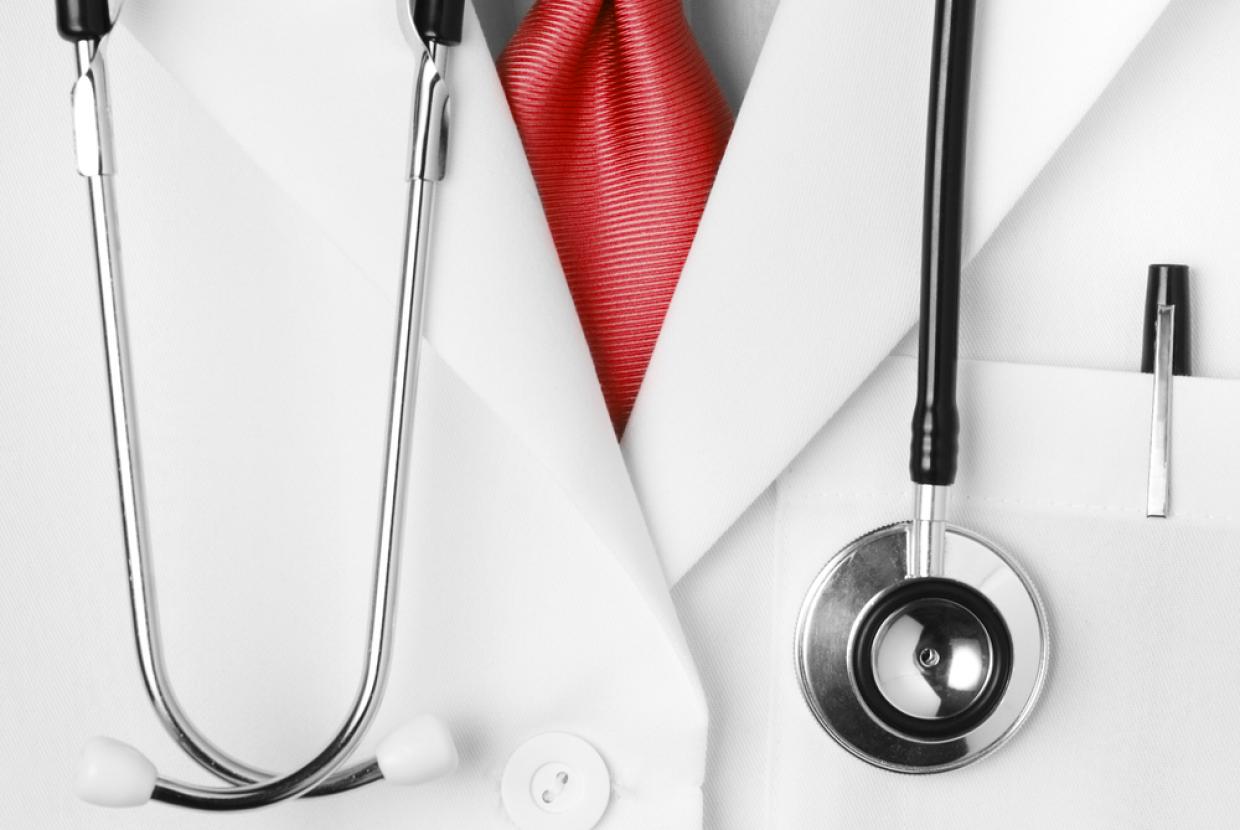Food and water abroad - Travel Health
Many illnesses are contracted through contaminated food and water.
Drinking water
- In countries with poor sanitation, do not drink tap water or use it to brush your teeth unless it's been treated.
- Instead, use filtered, bottled, boiled or chemically treated water. Bottled fizzy drinks with an intact seal are usually safe, as are hot drinks made with boiled water.
- Avoid ice in drinks.
- The most reliable way to purify water is by boiling it, but this is not always possible.
- Chemical disinfectants, such as chlorine dioxide, will usually kill bacteria and viruses. You can buy these from larger pharmacies or specialist travel shops. However, some parasites are not killed with chlorine preparations.
Foods to avoid
Foods to avoid in countries where sanitation is poor include:
- salads, such as lettuce
- uncooked fruits and vegetables, unless they've been washed in safe water and peeled by the traveller
- fresh or cooked food that's been allowed to stand at room temperature in warm environments or exposed to flies, such as in an open buffet
- unpasteurised milk, cheese, ice cream and other dairy products
- raw or undercooked shellfish or seafood
- food from street traders, unless it's been recently prepared and is served hot on clean crockery
Try to pick places to eat that have a reputation for serving safe food. As a rule, only eat freshly prepared food that's thoroughly cooked and served steaming hot. Always wash your hands after going to the toilet and before preparing or eating food.
For the fulll article, follow the link - www.nhs.uk
For more information on the sanitation of the country your travelling to, click here.







